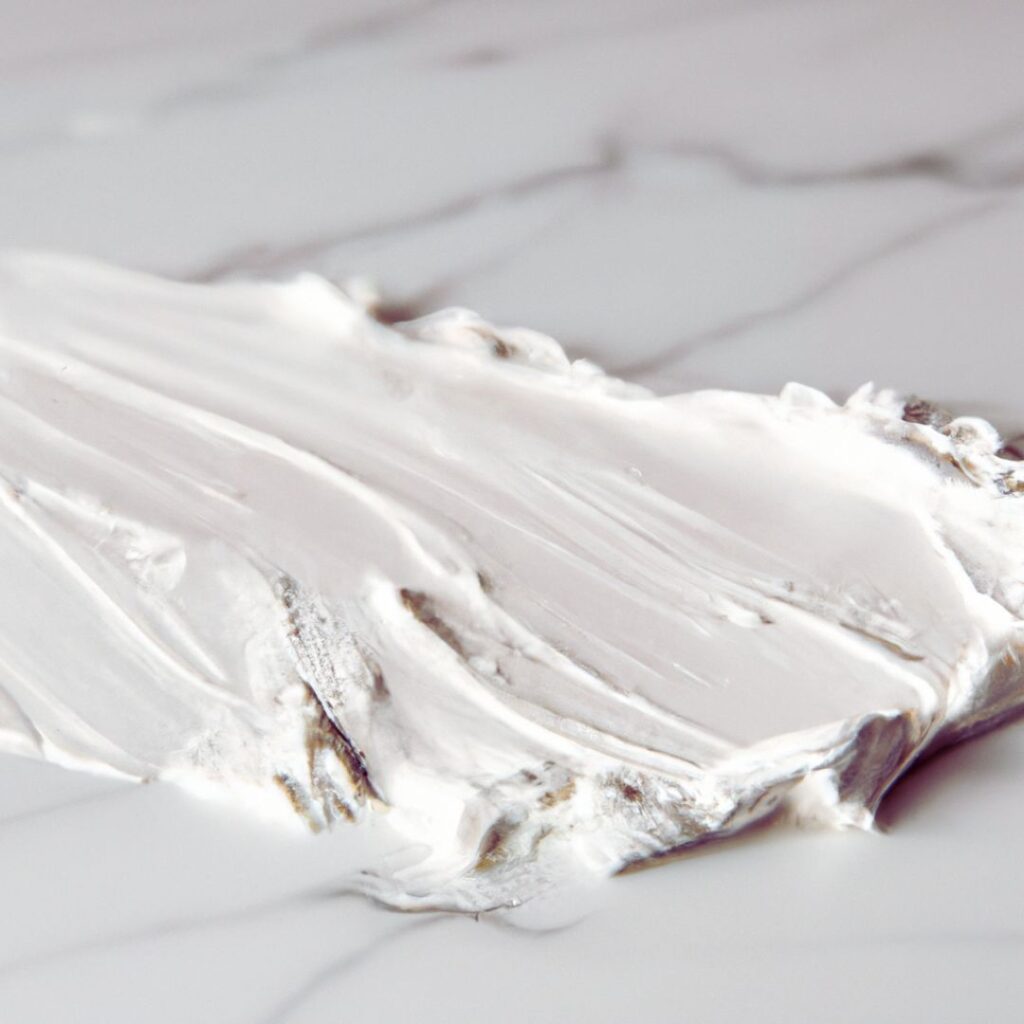Natural stone surfaces like marble, granite, travertine, and limestone elevate the beauty of our spaces. However, they can stain over time, requiring regular upkeep. In this guide, we’ll explore the easy use of poultice stain removers, offering practical tips and recommending professional solutions for effective stone care.
 Stone Poultice Stain Removers: Your Go-To Solution
Stone Poultice Stain Removers: Your Go-To Solution
Understanding the Process:
Natural stones can develop stains, but poultice stain removers, with ingredients like diatomaceous earth and safe surfactants, become powerful allies against these blemishes. They work wonders on surfaces such as granite, travertine, limestone, and marble.
Reversing Stains with Poultice:
Poultice stain removers work uniquely by pulling stains out of the stone surface, reversing the absorption process. This method is highly effective against tough stains like coffee, wine, grease, tea, organic stains, and oil, making scrubbing unnecessary.
OPTION 1: Use a Poultice Stain Remover Provided by Professionals in the Business
You could easily use the first stain remover that you come across. However, you want to ensure that the beauty and longevity of your marble is protected. Our partner, MB Stone Care provides stain removers that are perfect for the particular type of stone in your home or office. You can rest assured that the beauty of the natural stone will not be damaged by harsh chemicals that could dull or mar a pristine surface.
We recommend Stain Removal Kit for stains. Stain Reaper is the poultice that is included in the kit. It’s a ready-to-use, low-odor paste poultice. It pulls deep-seated oil, dirt, harmful salts and other embedded stains out of sensitive masonry, including polished limestone and marble. No mixing is needed and is easy to use. Safe for all natural stone. You can find it in the links above as a kit or a stand alone product as well.
OPTION 2: DIY Homemade Stone Stain Remover Poultice
RECIPE:
- 40% volume hydrogen peroxide
- Gloves
- Baking soda
- Plastic cup
- Plastic wrap
- Razor blade
- Masking tape
- Plastic putty knife
- Stirrer stick
APPLICATION STEPS:
- Select a test area (approximately 16″x16″) with the most damage or staining.
- Combine hydrogen peroxide and baking soda in a cup, mixing until it forms a paste with a consistency similar to peanut butter.
- Apply the paste to the stained area using a putty knife, ensuring a thickness of about 1/4″.
- Cover the treated area with plastic wrap and secure the edges with masking tape.
- Use a razor blade to create one or two slits in the plastic for ventilation.
- Allow the paste to sit on the surface for 24 hours.
- After 24 hours, use a plastic putty knife to scrape off the now-dried paste.
- Rinse the treated area with water and dry it using a paper towel.
- Once the surface is completely dry, compare the test space to the rest of the counter to assess progress.
- Repeat the process in sections until the desired result is achieved.
OPTION 3: Hire A Professional Like StoneShine
Stone Restorations Tailored Solutions for NYC, NJ, and CT
If you don’t have the time or desire to handle your natural stone stain removal, StoneShine stone restoration is here to help. Serving those in NYC, NJ, or CT with stone surface concerns, our experienced team offers expert advice and services. We specialize in various stone finishes, tackling problems such as stains, etching and long term stone protection strategies. Explore our recent reviews and see why StoneShine is a standout in stone restoration.
Call us at 888-509-5831 today and let StoneShine restore the beauty and functionality of your stone surfaces. Your satisfaction is our priority.
